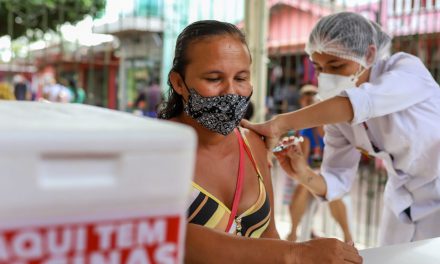New research from Queen Mary University of London reveals key genetic factors behind the early development of type 2 diabetes in British South Asians.
A groundbreaking study has uncovered genetic factors that contribute to the early onset of type 2 diabetes in South Asians, highlighting a genetic predisposition to lower insulin production and unhealthy fat distribution. These genetic traits not only increase the risk of developing the disease at a younger age but also accelerate the progression of health complications, lead to earlier insulin dependence, and diminish the effectiveness of some treatments.
The research, published in Nature Medicine, is based on data from the Genes & Health cohort, which includes over 60,000 British-Bangladeshi and British-Pakistani volunteers. This study, one of the largest of its kind, links genetic data with NHS health records to provide new insights into why South Asians are more likely to develop type 2 diabetes at a younger age, often without the obesity typically associated with the condition in other populations.
Unlike previous studies with small South Asian sample sizes, Queen Mary researchers used partitioned polygenic scores (pPS) to identify genetic signatures specific to South Asian populations. These genetic factors are linked to early-onset type 2 diabetes and help explain the prevalence of the disease in individuals with normal body mass index (BMI) in this group.
Key Findings from the Study:
- Genetic Signatures and Early Onset: The study found that a significant genetic signature related to reduced insulin production and unfavorable fat distribution is strongly associated with early-onset type 2 diabetes in South Asians. The most notable factor is a genetic variation that impairs the ability of pancreatic beta cells to produce insulin. This signature also raises the likelihood of gestational diabetes, which can progress to type 2 diabetes after pregnancy.
- Treatment Responses: The research offers vital clues regarding treatment responses. Individuals with a high genetic risk of low insulin production were less responsive to commonly used medications, such as sodium-glucose co-transporter 2 inhibitors, and were more likely to require insulin therapy earlier in the disease progression.
- High-Risk Group Identified: The study pinpointed a subset of individuals with extreme genetic risk, marked by both low insulin production and adverse fat distribution. These individuals were found to develop type 2 diabetes an average of eight years earlier and at a lower BMI. They were also more likely to experience complications such as eye and kidney disease over time.
Implications for Personalized Treatment
The research reinforces the importance of moving away from a “one-size-fits-all” approach to diabetes management. Sarah Finer, Clinical Professor in Diabetes at Queen Mary University, emphasized that these findings could lead to more tailored treatment strategies for South Asians, improving disease management and potentially reducing complications.
“This work tells us how important it is to move away from a ‘one-size-fits-all’ approach to managing type 2 diabetes,” Finer explained. “We hope that this will lead to more precise treatments that can better manage the condition and help prevent complications.”
Dr. Moneeza K. Siddiqui, Lecturer in Genetic Epidemiology at Queen Mary, noted that while genetic tools might play a crucial role in precision medicine for South Asians, existing blood tests like C-peptide could also be useful in improving diabetes management.
The Need for Broader Representation in Genetic Research
One of the study’s key takeaways is the underrepresentation of South Asians in genetic research. The Genes & Health project has made significant strides in addressing this gap, providing critical data that can inform more effective healthcare strategies for British South Asians.
The study is part of a growing body of work that aims to develop precision medicine tailored to the genetic profiles of diverse populations, ultimately benefiting South Asian communities at risk for or living with type 2 diabetes.
The full study, titled Genetic basis of early onset and progression of type 2 diabetes in South Asians, is available in Nature Medicine.
For more information, visit the study’s page here.











